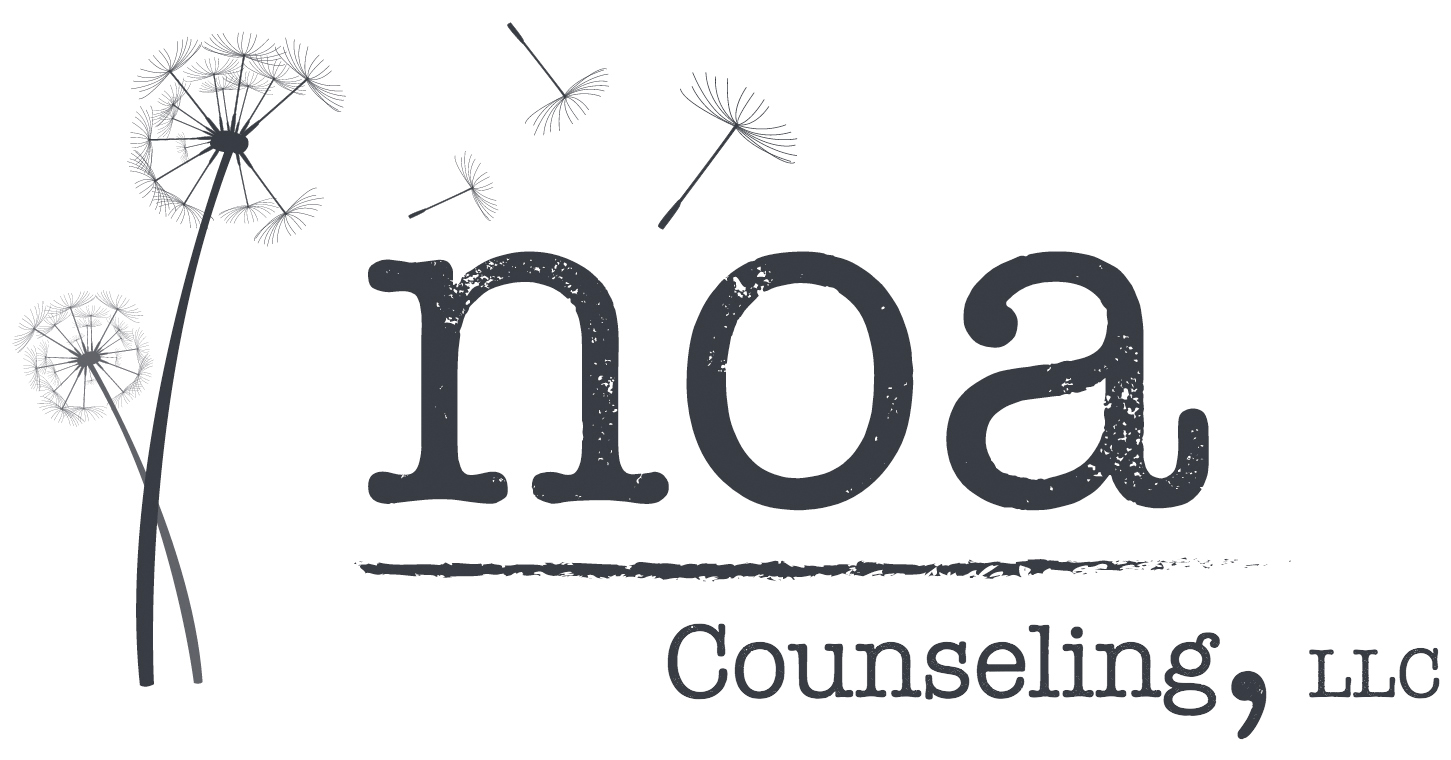MRT – Thinking for Good – Never Coming Back
Synapsis
Thinking for Good aims at the individuals who are currently in the setting of an Assessment Center. This special population face s several recent emotional and behavioral difficulties as they re-visit the last moments prior to “being caught-up in the corrections system.”
The program first looks at confronting antisocial and criminal thinking, in other words, separating oneself from victimization taking action as pertaining to what the next few months or years will look like while incarcerated.
Moreover, Thinking for Good takes a hard look at unrealistic expectations, hedonistic pleasure seeking, greed and low moral values and teaches the tools needed to redefine and restructure ones beliefs (altering defense mechanisms) to reduce the behavioral outcomes that are associated with flawed thinking patterns.
Once the client has removed flawed layers, Thinking for Good teaches the client how to discover their inner self (identity) by re-defining moments that were either traumatic or those that appear as “missed chances in life”. In each case, the clients evaluates each moment while journaling, in order to dissect “an event, series of events, or set of circumstances that is experiences by an individual as physically or emotionally harmful or threatening and that has lasting adverse effects on the individual’s functioning and physical, social, emotional, or spiritual well-being.”(SAMHSA’s definition of Trauma)
- Work through the “fight, flight or freeze” response
- Decrease the following: withdrawal, isolation, avoidance, substance abuse, anger, violence, irrational behavior, hyper-vigilance, sleep disturbances, depression
- Decreasing/Eliminating ego-centric decision
- Stabilizing mood and mental health by finding self-purpose
- Identifying filters/healthy coping mechanisms
- Digging through suppressed feelings/wants/needs and creating a new identity for self
- Raising moral awareness and development


